Over 100 million users have signed up to use ChatGPT since OpenAI’s generative AI product launched in November 2022.1 ChatGPT users have prompted the advanced LLM (large language model) with fun and innocuous inquiries, like coming up with the perfect chocolate chip cookie recipe. Or using its generative capabilities to create playable table-top role-playing game scenarios. The possibilities seem endless.
Many in the digital world recognize generative AI’s potential and contemplate how they can integrate it into their business; however, there’s a catch. The personal data inputted into AI chatbots can be compromised, creating privacy and consent risks. These engines introduce an added layer of complexity to your technology stack, which can impact your business and your user’s experiences.
The first concern is managing consent. When you input a chat prompt and receive an output, you’re feeding information into a collective algorithm.2 According to the makers of ChatGPT, they do not recommend divulging personal, confidential information or secrets.3 Not everyone will read the full terms of service and data privacy statements when interacting with AI chat, potentially forfeiting their confidential information to the collective model. The current implementation also does not



